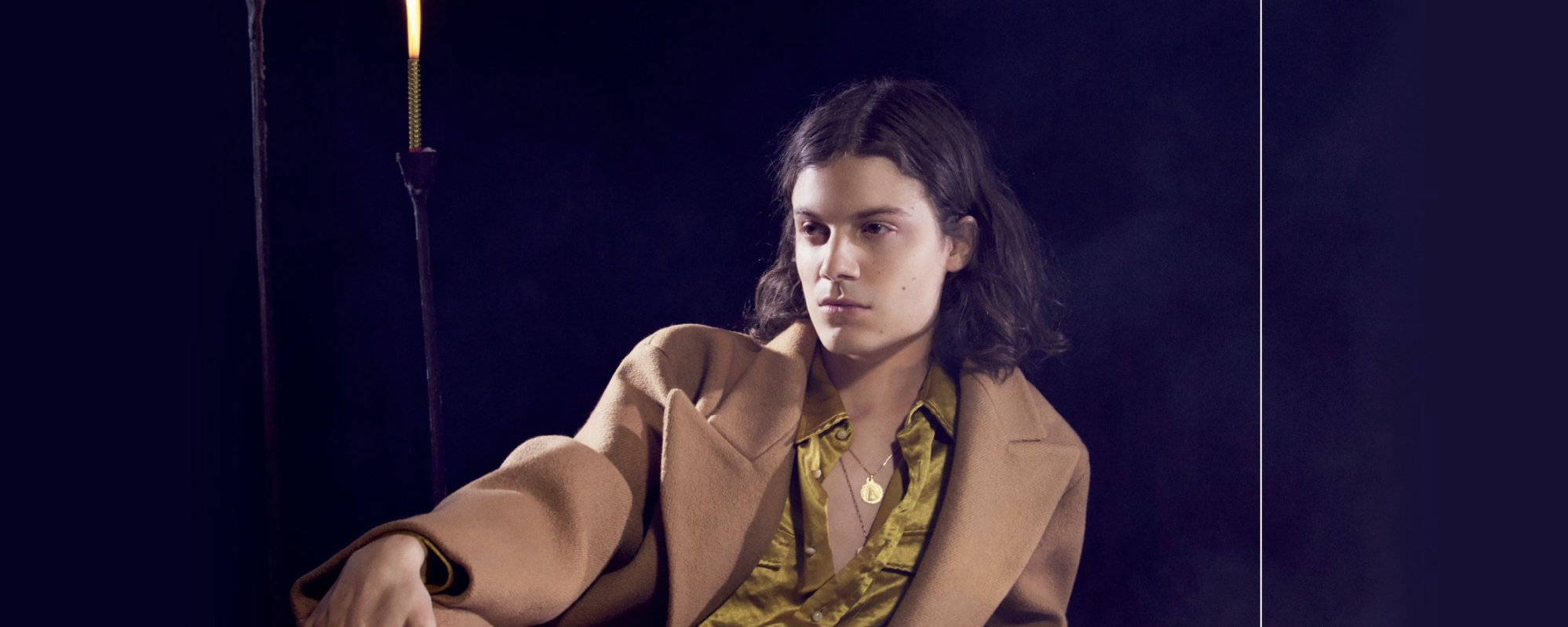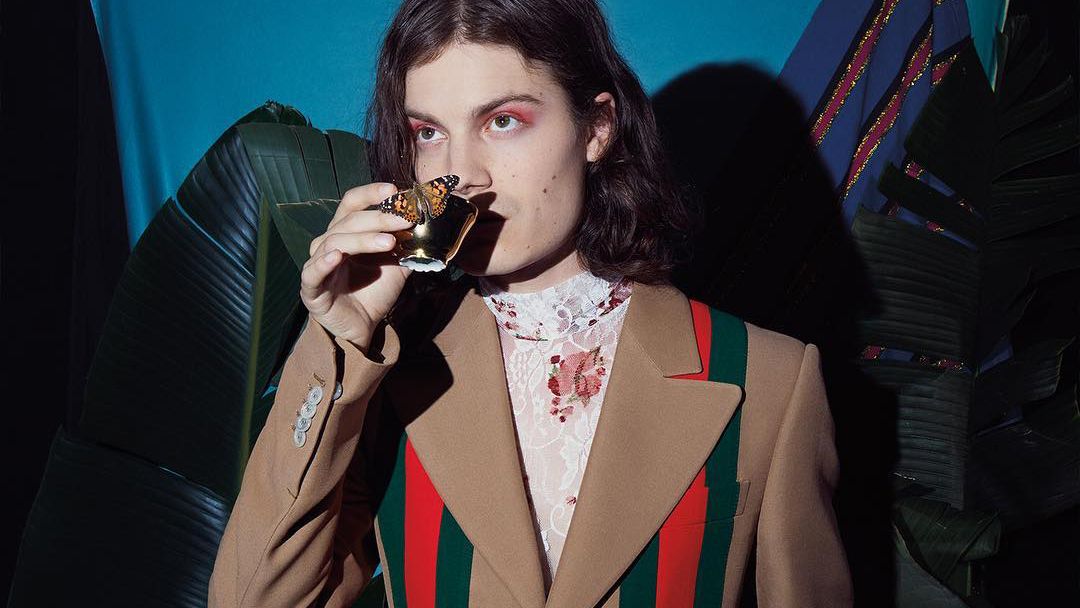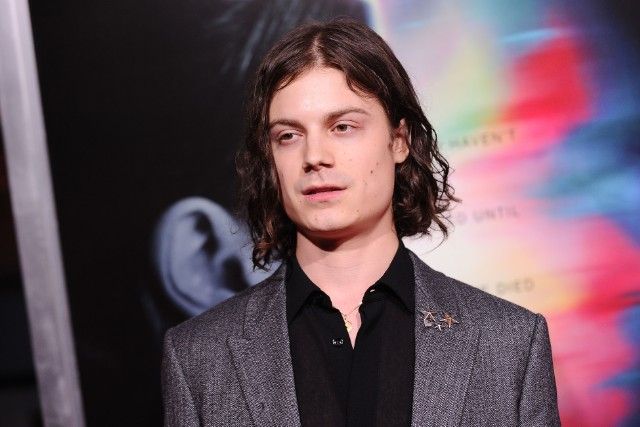Why is no one talking about BØRNS?

Where do we draw the line with sexual misconduct in the music industry?
Warning: This article contains details of sexual assault.
Recently, indie rock artist Garrett Borns (BØRNS) has been accused of sexual misconduct by multiple women, including one that claimed he had been grooming her since the age of 16. The allegations involve sexual harassment and manipulation where he would meet girls at concerts or on social media and use his stardom to coerce them into sending nude photographs. The first victim, Nia, posted the Tweet that began the trail of accusations detailing how he was a “manipulator, horrible ‘friend’, and user.” At one point during their friendship, she claims he took advantage of her while intoxicated at a hotel. Another girl came forward, saying he caressed her leg when she was only 16 and continued to groom her until age 18 when he had sex with her (the user clarified to say that she’s not accusing him of rape). Twitter account @exposing_borns was even created to collect and archive the stories of women who had similar experiences.
Although the All Things Go Festival dropped him from the lineup after the allegations, BØRNS continues to tour, selling out shows filled with young, adoring fans. He denied allegations in a statement on Instagram that sounded like a copy-paste from a group-chat ridden with other likeminded indie creeps. To him, it was nothing more than a misstep in his glory. He continues to reap the benefits of being a male musician: the young girls, the pass on sexual allegations, and — let’s not forget — the drugs, sex, and rock & roll. BØRNS is the most recent of musicians to have a story break out, but he is far from the first. It seems that in the time during the #MeToo movement, the music industry has had an impenetrable force field around it. Chris Brown and R. Kelly hold the most controversial scandals involving abuse (and just straight up pedophilia), yet they not only continue to make music, but they continue selling records and touring. What do you say to young girls who look up to Chris Brown and shrug their shoulders at his violence towards Rihanna? What do you say to them when they wish for the abuse? Chris Brown and R. Kelly both reached a celebrity pedestal where they seem to remain untouchable amid allegations and accusations.

The worst part? The list of men who fall into this category is extensive — and disregarded. Iggy Pop, Jimmy Page, John Lennon, Bill Wyman, Anthony Kiedis, and Steven Tyler are just a few more who have accusations against them, and whose accusations bounced off the shield guarding their careers. In fact, Kiedis’ statutory rape with a 14-year-old Catholic schoolgirl inspired the Red Hot Chili Peppers song ‘Catholic School Girls Rule’ — a song they’ve made money off of, a song they’ve performed in concert, and a song fans learned the lyrics to, centers around Kiedis’ sexual relationship with a minor.

BØRNS at the Vogue Theatre in Vancouver, B.C. on January 20, 2018. Photo by Quinn Middleton.

BØRNS attends Paris Fashion Week in 2017. Photo by Pascal Le Segretain / Getty Images Europe.
There also thrives a power hierarchy within this endemic, too. Lily Allen opened up in an interview with the Guardian about her sexual assault by a very powerful record industry executive. She wrote about the trauma in her book where her publisher then advised her to leave the man unnamed. The #MeToo movement can only go so far when women are gagged when trying to say the name of the man who hurt them. It’s a vicious pattern: Big Executive assaults a female artist, she is forced to continue working with him for the sake of her career, and even when she speaks out, she leaves him anonymous due to the wall of power built around him. According to Allen, the industry “allows and sometimes endorses toxic behavior by men towards women.” The musicians who are accused are willingly overlooked while their producers manipulate their power to avoid accusations in the first place. The musicians prey on the fans while their producers go after their celebrity clients like Allen, Kesha, and Chloe Howl. Women never stand a chance at survival in this environment.

Jason LaVeris / FilmMagic / Getty Images
The music industry grew from this seedy slogan of “sex, drugs, rock & roll,” which spiraled into men getting a fast pass on being creeps. How are we supposed to combat something that thrives on the exploitation and disempowerment of an entire gender? It’s a hard thing for even the #MeToo movement to challenge. One of the biggest problems that could be addressed is simply the lack of female representation within the industry. In 2017, The Annenburg Inclusion Initiative released a report that showcased this disparity of gender, with only 2% of the study’s 651 producers being female. For female musicians, there is a pernicious lack of any female mentorship or guidance. The only thing that they’re taught is to expect men in power to harass them. There needs to be a more unified voice of women, perhaps an organized union, that can help prevent this kind of exploitation from their producers and executives. As for male musicians, there needs to be more of a repercussion for their wrongdoings. Rapists, pedophiles, and abusers should be thrown in jail instead of slapped on the wrists. Celebrity status shouldn’t mean anything when it comes to justice, and until that day is seen, women continue to be left in the shadows of male entitlement.